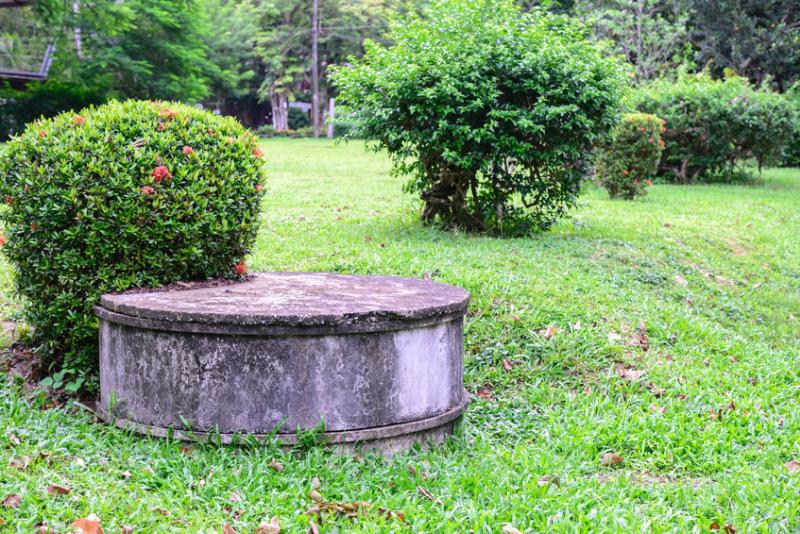
Farmers and landowners with a septic tank are reminded that they may be legally required to upgrade their systems within the next two years.
Septic tanks are very common in rural properties and most homeowners find them a relatively easy solution to the problem of dealing with waste water and sewage where no mains drainage is available – so long as they are regularly emptied and maintained.
However, property and land management specialists Strutt & Parker is reminding rural property owners that the Environmental Permitting (England and Wales) Regulations 2014 came into force on 1 January 2015.
It created General Binding Rules (GBRs) for septic tanks or small sewage treatment plants for domestic use.
'Reduce pollution'
Lucinda Thompson, assistant land agent at Strutt & Parker said the rules are designed to "reduce the level of pollution" from sewage in the nation’s watercourses.
“As such, the government is seeking to end the practice of septic tanks discharging directly to a local watercourse, such as a river or stream,” Miss Thompson said.
“This means, anyone with a septic tank discharging into a watercourse must be replace it or upgrade it by 1 January 2020, or sooner if the property is sold before this date.
“They must also act more quickly if the Environment Agency (EA) finds that it is causing pollution.”
'Operators'
Systems can be replaced by connecting to a mains sewer, installing a drainage field, replacing with a small sewage treatment plant, a permit which allows discharge to surface water and septic tank conversion units.
Miss Thompson said it was the ‘operators’ of septic tanks and small sewage treatment plants that were defined as responsible for GBR compliance.
She added: “The operator may either be the owner of the property/land where the septic tank or sewage treatment plant is located or the user (even if the system is located on a neighbour’s land).
“It could also be the tenant or leaseholder where there is written agreement with the owner of the system explaining what maintenance must be carried out in order to comply with the GBRs.”
It is also recommended that all sewage treatment systems are checked to ensure that they met the relevant British Standard when installed and have sufficient capacity.
